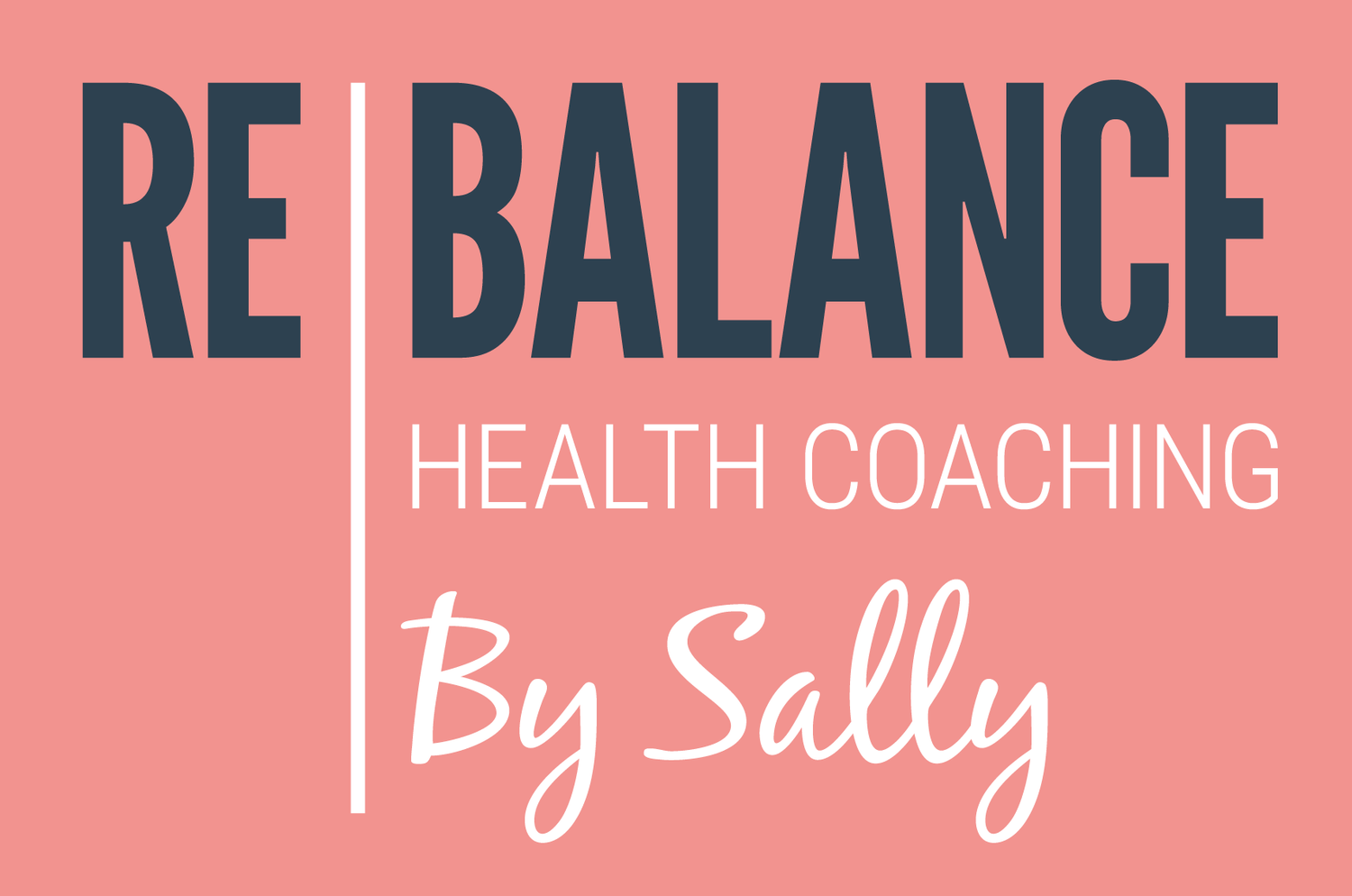5 reasons why you’re not losing weight
Firstly, we need to consider that every person is different. Weight loss is impacted by age, weight, sex, metabolism, hormones and so much more.
Secondly, not all calories are equal. 300 calories of broccoli versus 300 calories of chocolate bar? They may have the same amount of energy but different foods and macronutrients have different effects on your hormones and the brain signals that control hunger and eating behaviour. That’s why the quality of the calories you consume is much more important than the calorie count.
Protein for example, increases metabolism which burns more calories. Protein also reduces appetite so you automatically eat less calories.
Broccoli has so many beneficial nutrients including fibre, vitamin C, Vitamin K, Iron and potassium. It also has a low glycemic index (GI) therefore it’s more slowly digested so better for keeping your blood sugar levels balanced.
Junk food or sugary foods on the other hand have little if any nutritional value (they’re empty calories) and you’ll feel hungry soon after eating them. They are sometimes referred to as harmful calories because they can have a negative impact on your health. They also hinder weight loss because they cause a spike in your blood sugar level which increases insulin, the fat storage hormone.
So, what if you’re eating healthily, exercising more and STILL not losing weight?
This is really common during the perimenopause / menopause transition. Comments I hear from new clients virtually every day:
“my clothes don’t fit me properly anymore”
“there’s no way I can wear a swimsuit on the beach this summer”
“I feel old and frumpy”
“I avoid socialising because I don’t feel good about myself”
I hear you. Weight loss as we age does become more difficult but you need to change your approach to weight loss in your 40’s and 50’s and the weight will come off and stay off.
5 Reasons you’re not losing weight
1. You’re restricting calories and you’re always hungry
You’ve probably been on a fad diet at some point in your life where a magazine article has said you can “lose a stone in a month” by eating cabbage soup. The reality is, with fad diets you’re usually losing muscle and water, not fat. Once you start eating normally again, your body believes it has to build up fat stores in case of another famine in the future. Hence you might end up with more body fat than before the diet. So …. Forget about dieting as it will disrupt your hormones and disrupt your metabolism.
I can help you create a healthy nourishing diet that will keep you full between meals and supports healthy weight loss that stays off.
To get you started, ensure you include protein with every meal, eat plenty of fruits and vegetables (ideally 5 veg & 2 fruit per day) and include healthy fats and fibre with your meals. Limit processed foods and foods/drinks high in sugar and don’t skip meals.
2. You’re avoiding fat and filling your fridge with low-fat foods
Low fat foods tend to be heavily processed, plus, in order to make them taste better the manufacturers add in sugar and salt to replace the fat which will hinder your weight loss efforts. Our bodies need healthy fats such as mono and polyunsaturated fats from foods like nuts, avocado, oily fish, olive oil which, in the right balance will speed up your metabolism, support heart and brain healthy and keep your skin looking great.
3. You’re ramping up your exercise efforts pushing yourself to your limits in a HIIT class or pounding the treadmill as many days as possible
Exercise is an excellent tool to help you lose weight. It also lifts your mood due to the release of endorphins, aids sleep and prevents loss of muscle mass and bone density which occur during perimenopause and menopause.
However, if you’re exercising at a high intensity for long periods and you’re experiencing stress in the body, you will be increasing your cortisol levels. High cortisol levels suppress the fat burning function in the body and increases insulin the fat storage hormone.
Therefore, strength training either using body weight or weights is helpful as we age. It strengthens muscles which also increases metabolism to burn fat.
If you enjoy high intensity work outs or runs, follow them with deep breathing and mindfulness techniques to reduce your stress as quickly as possible and ensure you are taking rest days during the week.
4. You’re not getting enough sleep/ rest
Sleep deprivation increases your hunger hormone Ghrelin and reduces Leptin the fullness hormone. Your appetite will therefore increase and the feeling of fullness will decrease if you are sleep deprived.
You are also more likely to make poor food choices and less likely to exercise when you’re tired and exhausted. Studies show that a poor night’s sleep results in cravings for salty, sweet and sugary foods increasing by 30-40%. If you struggle with sleep see my blog 10 Tips to improve sleep.
5. You’re not drinking enough water
2 litres/ 6-8 glasses of filtered water per day will help with weight loss. Ghrelin (your hunger hormone) is released when your stomach is empty. Water has no calories and will fill you up hence turning off the ghrelin. It will also keep you hydrated and satisfy your thirst so you don’t reach for the sugary drinks such as juices, fizzy drinks, coffee etc.
Weight loss is as individual as you are. A one size fits all approach to weight loss doesn’t exist, especially during midlife as hormones are shifting. That’s why I offer personalised weight loss programmes that are tailored to your age, health history, menopause phase, dietary preferences and your lifestyle.
If you want to feel confident in your jeans and swimwear and want to get back to enjoying life, drop me a line and let’s chat about Health Coaching programmes that suit you. Contact us

